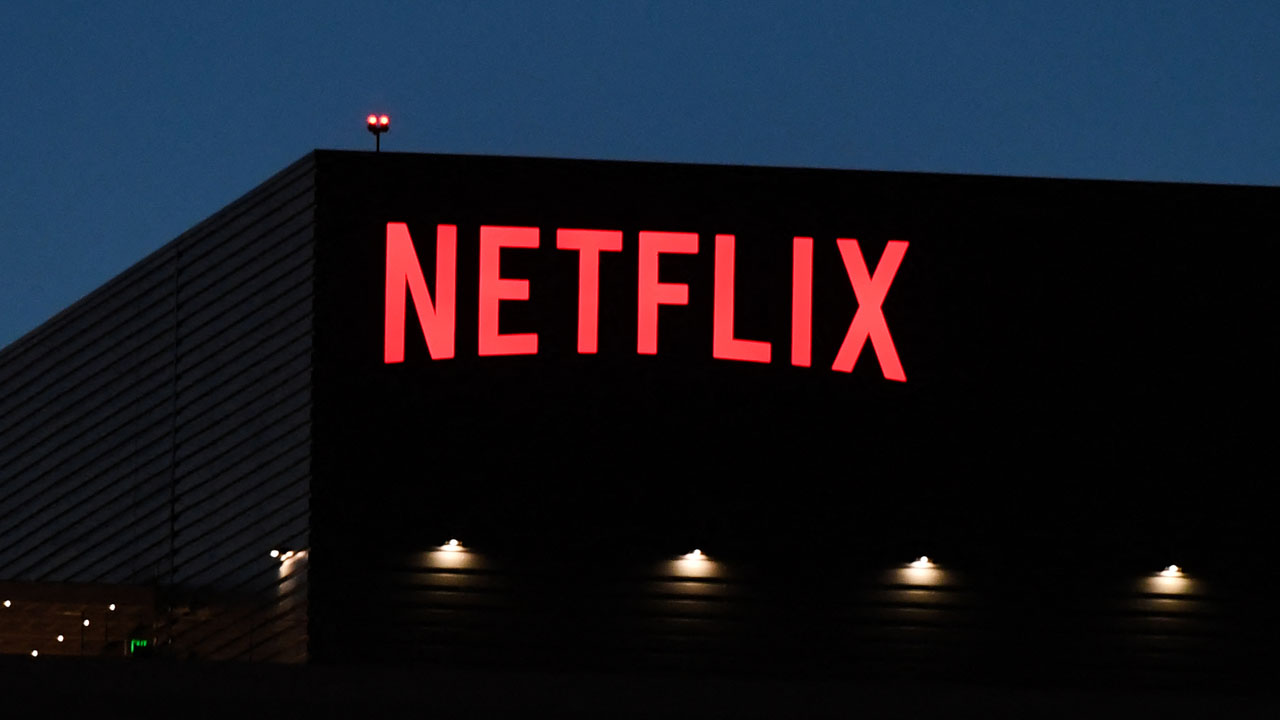
Global streaming powerhouse Netflix has reportedly pulled out of the Nigerian market, marking the end of an eight-year run in Africa’s most populous country.
Since its entry, Netflix has revolutionized how Nigerians consume entertainment, offering a mix of thrilling Nollywood originals and Hollywood blockbusters.
The platform became a significant player in Nigeria’s creative industry, funding numerous local productions and providing a global stage for Nollywood. Recent years have witnessed hugely successful Nigerian Netflix originals enter the Netflix service, such as Anikulapo, Blood Sisters, Far From Home, Shanty Town, and King of Boys.
According to Nollywood Wire, Netflix officially exited Nigeria in November 2024, halting the financial backing it once provided for Nigerian content creation.
While the news has been quietly circulating among major Nollywood stakeholders, the platform has yet to issue an official statement, leaving many unanswered questions about the reasons behind the decision.
However, the move may not be unrelated to profitability challenges. While Netflix has reported a downward trend in subscriptions in other markets, it has managed to persevere until now.
Renowned Nigerian filmmaker Kunle Afolayan, known for his collaborations with Netflix, confirmed at the 2024 Zuma Film Festival that the streaming platform has ceased commissioning new Nigerian originals.
Afolayan noted that, unlike many of his peers, he was fortunate to secure a third season for his acclaimed series Aníkúlápó before this decision was made.
Netflix’s departure raises concerns about the future of streaming in Nigeria and the support for homegrown content that the platform championed. As audiences and creators alike come to terms with this development, the impact on Nollywood’s global momentum remains to be seen.
Netflix economic impact
However, the streaming giant’s influence extends beyond mere entertainment and also has a significant economic impact. Since entering key countries in sub-Saharan Africa (SSA), Netflix has been contributing across economic sector value chains within and adjacent to the cultural and creative industries and stakeholder ecosystems
From 2016 through 2022, Netflix has invested $175 million in content and in the local creative ecosystems in South Africa, Kenya and Nigeria combined, according to its impact report. In Nigeria, over USD 23 million has been invested since 2016 in over 250 local licensed titles, co-produced and commissioned film content.
Netflix’ investments has contributed $39 million towards GDP, $ 34 million towards household income, and $ 2.6 million towards tax revenue. In total, 5,140 jobs were supported throughout the economy.










